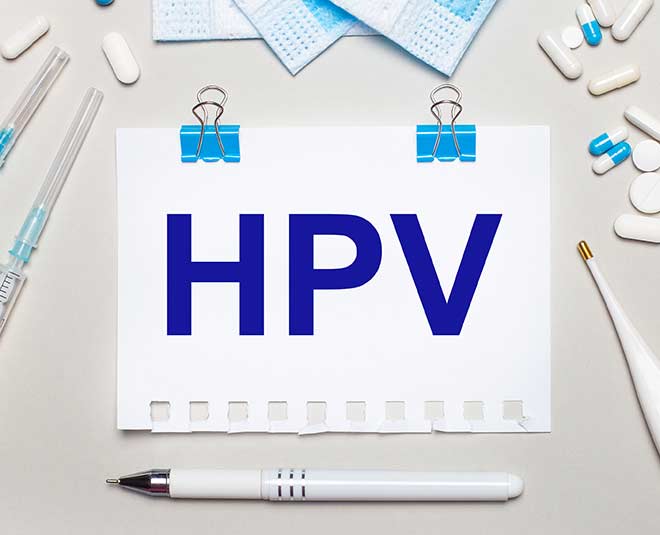
Cervical Cancer is the second most common type of cancer among Indian women. Several women lose their lives to this disease which is completely preventable. The HPV Vaccine for Cervical Cancer is easily available and is the most effective way of protecting yourself from Cervical Cancer. However, the rate of vaccination in India is quite low and there is a need for awareness regarding the HPV Vaccine.

It is a cancer that occurs in the neck of the womb called “Cervix”. The cervix is the lower part of the uterus that connects to the vagina of a woman. Cervical cancer takes years to progress and hence is curable if picked up at early stages.
Dr Teena Thomas, Consultant Obstetrician & Gynaecologist, Motherhood Hospitals Sarjapur, Bangalore says, “Most Cervical Cancers are caused by the human papillomavirus (HPV) which is a sexually transmitted virus. Though it should be noted that not all forms of the HPV will cause Cervical Cancer. Majority of the Cervical cancer cases are caused by HPV 16 and HPV 18.”
The HPV Vaccine has a 90% success rate and will prevent most cases of cervical cancer. In addition to this the vaccine will also protect a person from vaginal, vulvar, mouth, throat, and neck cancers.

Dr Teena Thomas tells us who can opt for the vaccine and when should you take it. The vaccine is available for both men and women. However, since the cases of cervical cancer are predominantly found in women, it is essential that girls are vaccinated from a young age before they are exposed to the virus. The vaccine should ideally be taken before the girl becomes sexually active. It can be taken by females aged between 9 to 26. (Older women can opt for it after a consultation with their gynaecologist)
The number of doses required will differ with age as follows:
For girls aged between 9 to 15 years: The vaccine will be given in two doses over a period of six months.
For girls older than 15: The vaccine will be given as a three-dose regimen over a period of six months.
Don't Miss:5 Things To Consider While Planning A Pregnancy In Your 30’s By Expert
The HPV Vaccine has no serious or long-term side effects. It is just like any other immunisation vaccine. It may cause a bit of soreness on the site of the injection. You may feel slight dizziness, nausea or fever. But other than these, you will be completely fine. The person just needs to rest for fifteen to twenty minutes after taking the dose.

The occurrence of cervical cancer cases in Indian women is quite high. This is majorly due to lack of regular screening and PAP smear tests. Most women in a developing country like ours do not have access to regular screening facilities. Hence many remain unaware that they have been infected. Cervical Cancer symptoms sometimes may not be apparent and once the symptoms are visible and the cancer is diagnosed, it could be too late.
Therefore, it is highly important that we start vaccinating our girls and women and protect them from a completely preventable disease.
Don't Miss:Effects Of Sleep Deprivation By Pooja Makhija
While the vaccine is one of the most effective measures of preventing cervical cancer, there are some other steps that can be taken for prevention like
As with most sexually transmitted diseases there is a stigma surrounding Cervical Cancer. It is time to leave the stigma behind and talk about the disease. Awareness and rigorous screening are the key to providing a new lease of life for women not just in India but around the world.
Also watch this video
Herzindagi video
Our aim is to provide accurate, safe and expert verified information through our articles and social media handles. The remedies, advice and tips mentioned here are for general information only. Please consult your expert before trying any kind of health, beauty, life hacks or astrology related tips. For any feedback or complaint, contact us at [email protected].